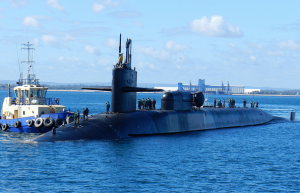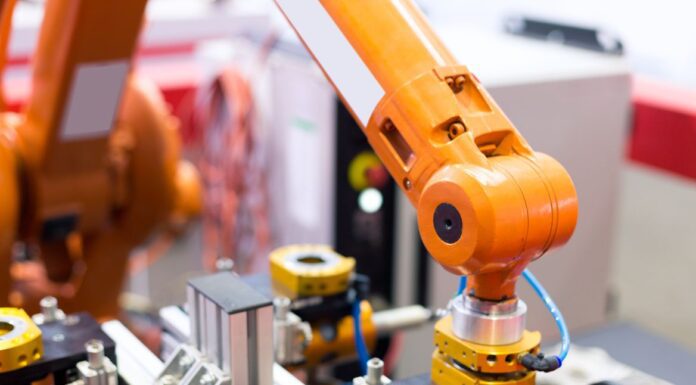The Australian Manufacturing Workers’ Union has called for long term government assurances regarding the scale and extent of the work done by domestic skilled workforce, claiming that the lack of certainty with regards to the longevity of the project may seriously hamper the country’s defence shipbuilding capacity.

In a media release, AMWU demanded full commitment on the part of the Abbott government that the new submarines will be fully built by Australian skilled workforce and with domestic resources, which according to them would provide the necessary stability in the immediate future, as well as a major financial impulse to the county’s economy.
AMWU National Secretary Paul Bastian, who spoke at the Submarine Institute of Australia’s conference in Adelaide on Tuesday, has voiced his concern regarding the issue and called for swift government intervention.
“While we know that Australia’s next generation of submarines will be assembled in Adelaide, we still do not know how much of the work will be done here,” Mr. Bastian said.
“We want to see these vessels built with Australian ingenuity, by the skilled workforce we have in this country and maintained on these shores by the people that built them.”
“This is a better option for the nation than simply importing a foreign design and assembling it here.”
“Should the Abbott Government not make those decisions and not include room in their first budget next year for the next build program then jobs and skills will be lost.”
Mr. Bastian warned against the pending uncertainty that shrouds the shipbuilding project, maintaining that it can create mass exodus of skilled workforce, which would result in a serious capacity decline and inability to respond to a future increase in the workflow.
According to Defence White Papers, Australia is in need of additional 48 vessels in the next decade, with the total cost amounting to $250 billion, including the designing costs, as well as the building and maintaining costs of the future fleet.
Mr. Bastian also warned that the country must engage in developing high-tech and high-value manufacturing which requires skilled workers and high technology, as the country can no longer rely on the mining boom of the last decade to carry its economy.



















